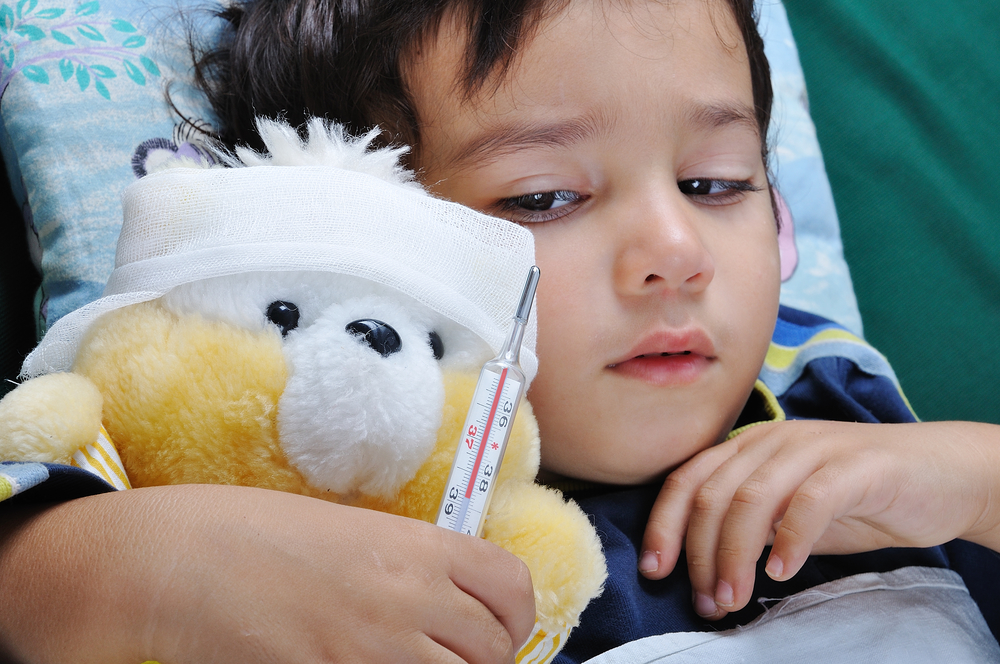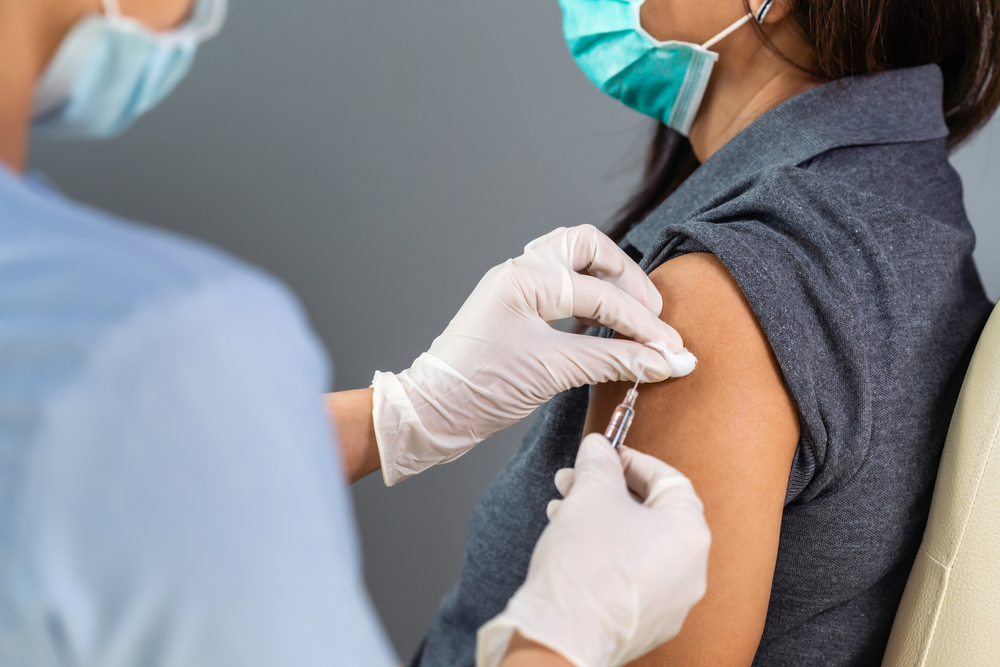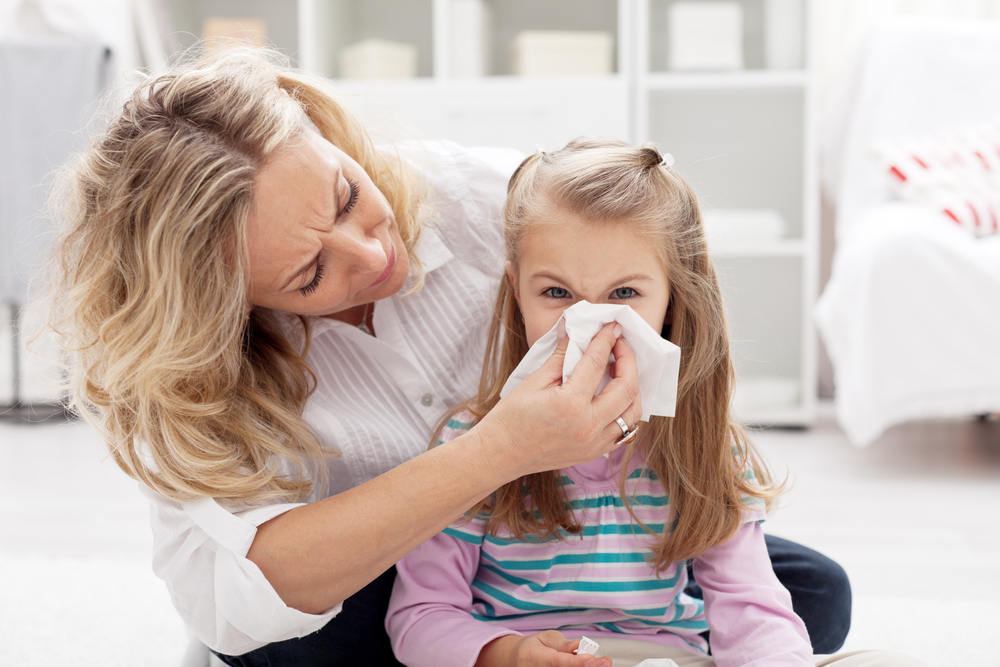COVID-19, more commonly known as coronavirus, has dominated the headlines for weeks. Concerned citizens have been stocking up on such essentials as hand sanitizer, soap, toilet paper, and more, leaving empty shelves in stores across the nation. And as the situation only seems to worsen, you’re likely wondering: how can you protect yourself from contracting coronavirus?
According to authorities like the WHO and the CDC, protecting yourself during the coronavirus outbreak is relatively simple. People are advised to wash their hands thoroughly and frequently, avoid public areas if you are older or immunocompromised, avoid touching your face, and exercise extreme caution during travel. But there’s a bit more to the coronavirus story than simply taking precautions. Let’s take a more in-depth look at the coronavirus outbreak and how to respond rationally.
Recent Updates
As of March 12, 23 confirmed cases of COVID-19 have been reported in Texas. The Texas Division of Energy Management and the DSHS are working with other state agencies to attempt to contain the spread of the virus. Monitor further news releases from Texas Health and Human Services here.
Coronavirus Symptoms
Coronavirus symptoms are similar in several ways to common flu symptoms. However, given the extent and severity of the coronavirus outbreak, the CDC strongly recommends self-quarantining for approximately two weeks if you notice any of these symptoms:
- Fever
- Cough
- Shortness of breath
The primary difference between coronavirus symptoms and flu symptoms is shortness of breath.
Pro Tip: Coronavirus is an infectious disease that has already claimed over 4,000 lives and is continuing to spread. Following CDC recommendations and quarantining yourself if you’re sick will reduce the spread of disease and help save lives.
How to Protect Yourself
The incubation period of coronavirus is approximately 4-5 days, with most victims displaying symptoms between 5-12 days after exposure. However, even if you aren’t actively displaying symptoms after exposure, you are still contagious and can pass the virus along. If you even suspect you’ve been exposed, the CDC strongly urges you to stay in quarantine or self-isolation at home for at least 14 days to allow the virus to pass.
Patients at especially high risk for coronavirus include:
- Anyone 65 or older
- Diabetics
- Cancer patients
- Anyone with abnormally high blood pressure
- Anyone with chronic heart or lung disease
If you or a loved one meet any of these criteria, the safest thing to do is to stock up on essential supplies and prepare for long stays at home. Call your doctor about stocking up on any prescription medications as well.
But what can you do if you already have coronavirus? First of all, call your doctor immediately for more detailed instructions. But in the meantime, the CDC’s recommendations for coronavirus patients are as follows:
- Stay home. Don’t go to work, public events, or anywhere outside your home unless it’s to get medical treatment.
- Do not touch your face, eyes, nose, or mouth without washing your hands thoroughly first. This goes for you and anyone living in your home with you.
- If you do visit a doctor, call ahead. Calling ahead to tell the doctor you may have coronavirus allows them to prepare for your arrival and prevent you from potentially getting other people sick.
- Limit contact with others in your house, even pets. As much as possible, isolate yourself from anyone you live with and have others look after your pets if you can.
- Cover your coughs and sneezes with tissues. Dispose of used tissues in lined trash cans that are emptied frequently. Wash your hands immediately afterward.
- Wash your hands frequently and thoroughly. Read the CDC’s handwashing guidelines for more information.
- Don’t share any household items with others. Never share eating utensils, dishes, cups, bedding, towels, or anything that you’ve touched or used with other people.
- Clean shared surfaces or areas with strong cleaning supplies daily. While you can avoid sharing plates, sharing areas like restrooms or kitchen countertops is largely inevitable. Sanitize them with CDC-approved cleaning products at least once a day.
- Watch your symptoms carefully. Learn to recognize the signs of worsening illness and keep an eye on your body.
Stay Safe!
As of March 13, no cure or vaccine for coronavirus has been developed. However, medical experts around the world are working tirelessly to keep the disease under control and find a feasible cure. In the meantime, the best anyone can do is talk to their doctors about the best course of action and ensure they prevent the virus from spreading to anyone else.
Connect with us on Facebook to continue following developments in the coronavirus outbreak.




